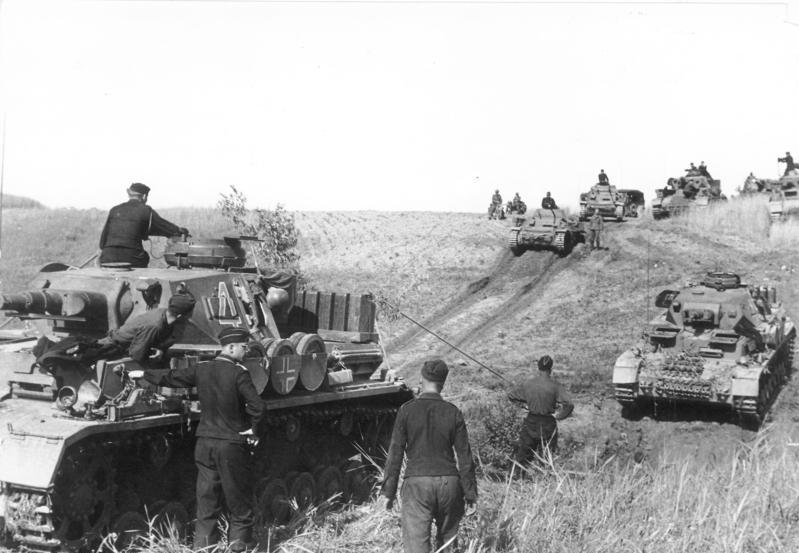Irony, a word relationship of years
As I have told you before, when I was a young boy I romanticised war.

When I was growing up in Welkom in the late 1960’s, my Portuguese friend, Arturo van der Spuy, had the same passionate interest. I remember that we both started collecting a weekly periodical on World War 2. They were released by different publishers, his had more photos than mine but I thought my photos looked more authentic. A weekly issue cost R1.25 but my pocket money was only R1.00 per week. My dear mother was kind to me and covered the shortfall. She even helped me buy the six binders which cost R25 each. Each binder held 16 issues. I still have those volumes in my library.
Another friend by the name of Peter Mc…, excitedly told us about a German writer his older brothers had read; Sven Hassel. He wrote about a German Penal Battalion on the Eastern Front fighting against the Russian Hordes. He wrote brutally about war even though he said war was monstrous and evil, allowing wicked and weak men to exercise their cruelty and greed. We ignored the moralising and avidly read about the terrible battles and all the many killed by those terrifying machines of death. These books even had bad language.
I was a quick reader even then and would spend many hours at the town library, searching for new authors, preferably German authors. I found several. The one author that really stood out to me was Hans Hellmut Kirst. I loved his series on Gunner Asch, an anti-establishment hero. The books write about the struggle of the hero to retain his humanity in the warped society that Germany had become during the Nazi era. It was easy to identify with the hero and his writings, it taught me much about life and how to read people.
I was about eleven or twelve years old at the time and I saw a word that I really struggled to understand.
Irony.

(proposed symbol to depict irony)
In those days, the personal computer had not been invented (that came in the 1980’s thanks to fellows like Bill Gates and IBM), and there was certainly no internet. If you wanted to know a word, you would have to go to the family dictionary and try and puzzle out the meaning, especially in the context of the novel that was being read by yourself. It involved effort and intention, you would have to STOP reading and go and get the book of definitions. It was a “shlep” and a pain in the butt, but I did it. (I like the two buts in a row here). If you wanted to know a word you could not afford to be lazy. Now days I get so annoyed when my kids just ask me and don’t look the word up. The first thing I ask them is “Did you look in the dictionary?”. “No, why should we, when we can just ask you!” (note I use an exclamation mark on purpose, not a question mark, as there is only demanding there). So there are times when I will not give them the answer. Lazy creatures! Of course their mother will come to their defence, the “Tireless servant of the youthful despots” can’t understand why I just won’t just help them. Just because she serves the monsters all the time, she does not like her husband’s “laziness”. This irritates me even further.
Back to my word. Irony. Such a short word.
The author Kirst often uses this word. I tend to get a “feeling” of what a word means but I like to check up and see if my understanding is correct or not. But I still felt a nagging uncertainty. I knew what sarcasm means but what was the difference when compared to irony? The initial dictionary definition seems simple enough but it is fraught with layers, upon layers, upon layers. Philosophers and scholars make a great deal of this word and some of them spent years of their lives applying it to life and the universe. Way, way beyond my limited capacities.
I think an example rather than a definition can illustrate this word quite simply. I will show you the lovely example in Wikipedia of the stop sign to "warm" you up.

My example is thus:
When I was a kid and South Africa was in the depths of Apartheid, the Black people had very little access to earning sufficient money to acquire a motor vehicle. Occasionally some enterprising soul would scratch some money together to buy a broken down vehicle. A great deal of ingenuity was used to fix dents and even whip a bit of cheap paint onto his car. The engine was always on its last legs and could never come close to the speed limit of 60 kilometres per hour. There would almost always be clouds of smoke billowing from the rusty exhaust pipe as there was a great deal of leaking engine oil. My Dad would say that the “rings were gone”, whatever that meant. My Dad had to pay maintenance to his first wife so our family car was seldom much better. I can still remember my embarrassed frustration as our old Prefect would struggle up the hill while all the other more modern cars would come cruising past us. Those cars of the Blacks were known as “forbidden K word”-cars. In Afrikaans it would be called a “skedonk”. Now over fifty years later, those broken down cars are mostly being driven by Whites (sadly my car is in this same category, just like my Dads) and the fancy new expensive cars are being mostly driven by the Black folk. To me this is a good example of irony, where tables are turned on their head and roles reversed.
.jpg)
The reason why I am interested in this word again is because of “my” latest author, Herman Charles Bosman. Belatedly I have now caught the wagon of his admirers, too many years later and even when he is forgotten in mainstream literature in this country. I cackle with laughter at his observations and try to share them with the family.

Does time add romanticism to bygone eras? When we tend to forget the bad aspects; to gloss them over, then we tend to forgive the past mistakes more easily. It’s just like when I was doing my two years’ military conscription; it is pleasant to reminisce about something about forty years ago when one no longer feels the uncertainty, fear and loneliness.
.jpg)
At the end of the day, the oppressor will become the greatest victim of their own prejudices and fears, that too is irony. I have seen it come to pass in this country from this country’s past to its present. Now another social cycle has begun and the pendulum has swinging. When will it reach the end of its swing and start to reverse?
Only time will tell.
History is filled with irony. One must just see.

Enjoyed your, as usual, intelligent post.
appreciated.
I loved the post @fred703. You are a very good entertaining writer. Yes, it is definitely irony that the tables were turned on the white minority. But still the masses of black people suffer, that is not irony, that is a shame. Blessings!
good words
An interesting story. A person's life is long and complex and goes through many stages. In each stage, new circumstances and new requirements to which you need to adapt. Everywhere patience, endurance is needed. At each stage, life passes more or less evenly until it happens. critical, turning point and after it, life flows in a new channel - the new phase started. Only then can we refer to the passed stages of life with irony. Thank you for sharing @fred703
You are a greet man
Wow !!!!!
Great content about relationship overview or evolution.....@fred703. I enjoyed your content. Keep up the good work! It's always nice to see good content here on Steemit
Well .Explaind your old memories and described your great way.
it was great in southafrica,,,i appreciate it ,,thanks for share
Your content is really amazing, motivational as always. thanks for sharing great piece of information.☺
Its nice post .this blog has good lesson.thank you for sharing.